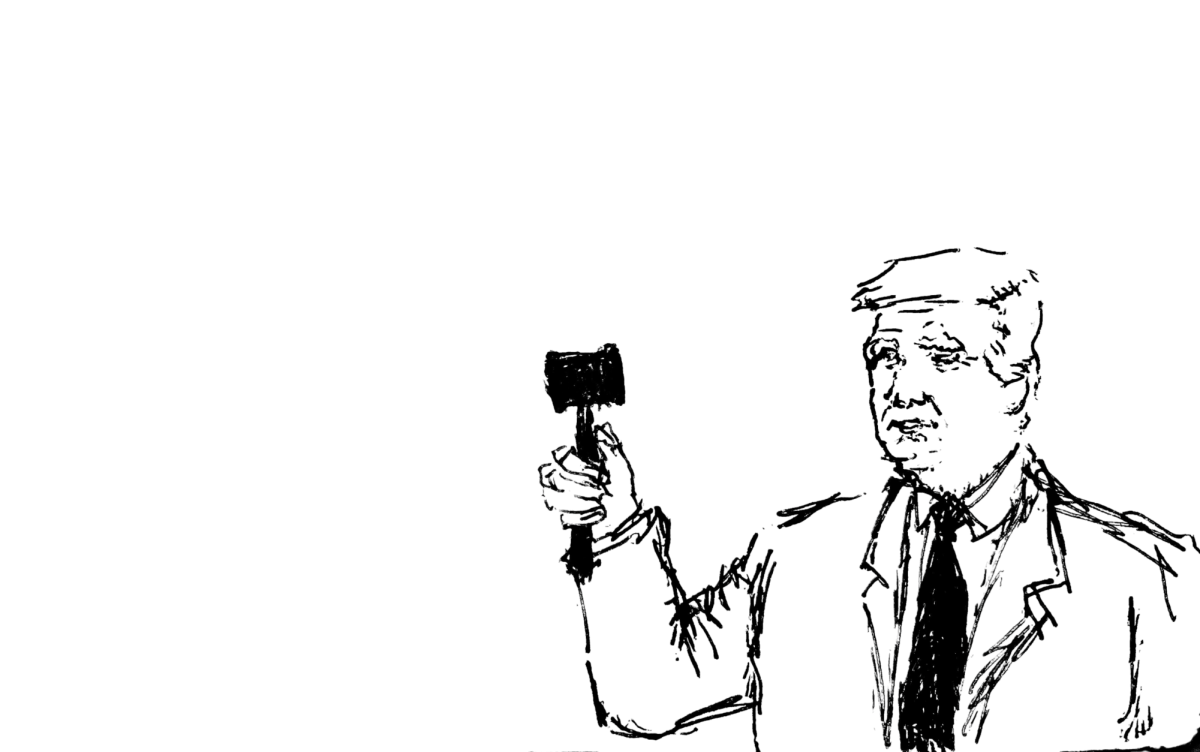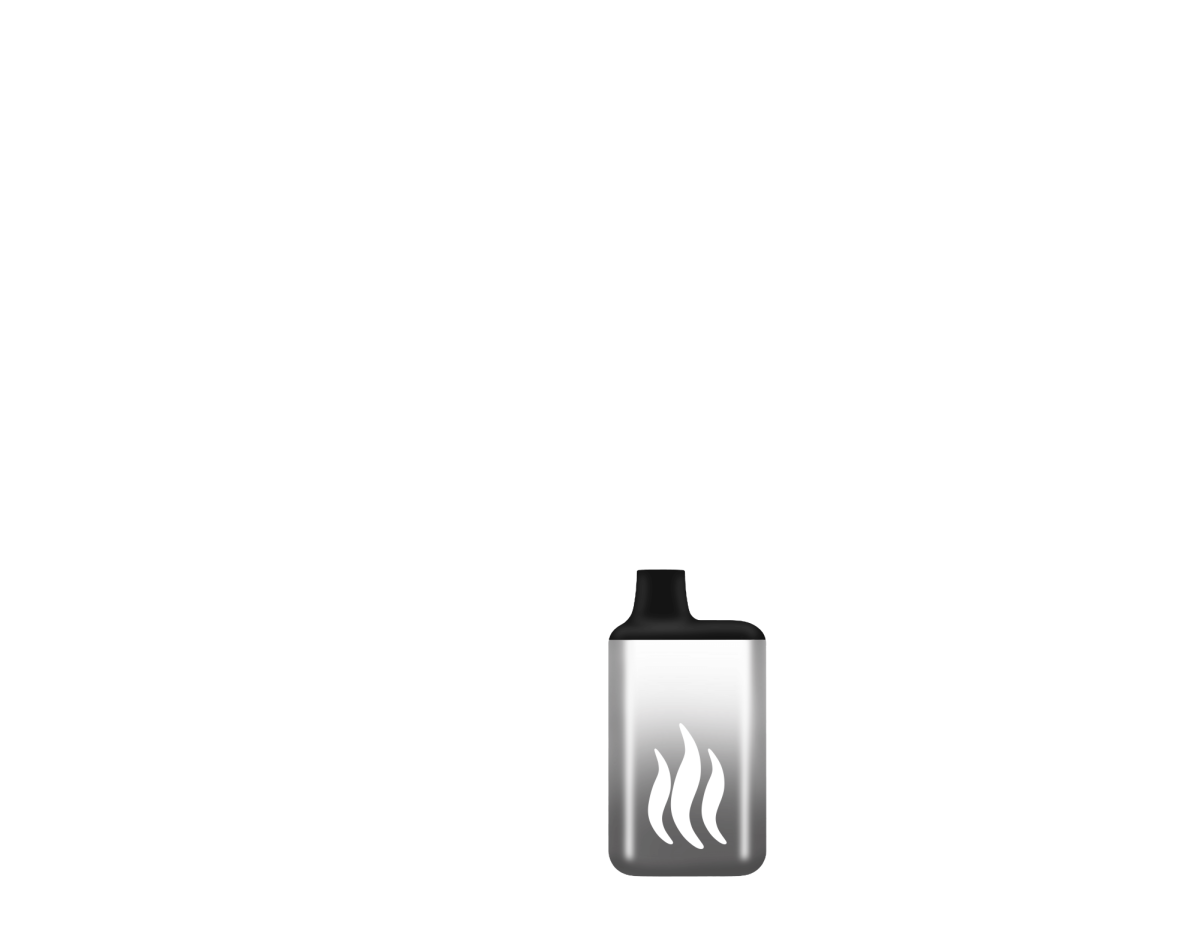
The size and budget of the military has always been a hotly contested question, with constantly changing coalitions on both sides of the issue. Generally, Republicans wanted to expand the military budget, while Democrats wanted to maintain or shrink it. However, a lot has changed since Reagan called on Mikhail Gorbachev to tear down the Berlin wall in 1987. The left wing has continued to call for reductions in the military budget, with an emphasis on more spending for social programs. The fringe right however, has adopted a new stance. They call for less spending on the military not because they want to spend more on other programs, but because they want a smaller federal government. Thus, it is the establishment wings of both parties that tend to support additional or maintained military spending.
Usually, I find myself situated in the ranks of the progressive caucus on many issues, from Universal Healthcare, to Social Welfare and equality more broadly. Yet, I believe that foreign policy is one (and potentially the only) issue where the progressives and I do not see eye to eye. Perhaps it is my upbringing as the son of two immigrants, or maybe it is watching regions and countries around the world come under siege when America either abandons them (the Kurds) or chooses not to intervene in the first place (Myanmar). With China, Russia, and others increasingly acting in a bellicose manner, with regards to Ukraine or Taiwan, it is the duty of America to defend these nations. America is the global heart of democracy, and I believe, as FDR once said, that we must once again become the “Arsenal of Democracy”. When FDR made that statement, he was watching as two authoritarian powers, Japan and Germany, began to make gains throughout Europe.
Once again, we are confronted by two main adversaries, Russia and China. Military force, and diplomatic pressure more broadly has resulted in numerous democratic victories, such as Kosovo or . Diplomatic Pressure, especially in this day and age relies at least in some way on military spending. The refusal of much of Western Europe to meet the 2% NATO required GDP spending until recently has prevented significant aid making its way to Ukraine. However, claiming to defend democracy means that we must break our alliances with rogue dictatorships such as Saudi Arabia, unless they commit to increasing the democratic nature of their nation. This means cultivating alliances with formerly “socialist” nations, who are small “d” democratic in nature, such as Armenia, while helping others such as Pakistan transition to democracy.
Too often, we defend allies we shouldn’t and abandon or don’t even try to make allies with those we should. Our teachers watched as the nations of the Former USSR collapsed into civil war, with spillover from former conflicts into Afghanistan and Yugoslavia. The lack of substantive aid given by the United States, particularly under the Clinton administration, allowed Russia to slip back into autocracy. As our generation finally reaches the age to vote, or even run for office we must advocate for a more robust approach to democracy. Funding for the military can (and should) provide jobs for Americans. It can (and should) lead to a more democratic world. It can (and should) lead to a freer, more equal world. It should not be used to support rogue dictatorships. It should be used to support democratic nations. However, military funding doesn’t need to be at the expense of welfare programs. The economy, like civil rights, is not a zero sum game. Taxation on those who are the richest can more than pay for the funding we need to defend ourselves and our allies and also the welfare funding to ensure that we can grow as a nation and as a people.
Funding can’t be reduced, not until we have made the entire world that shining city on a hill. It is not enough to simply declare that we are democratic, pledge to vote for the party that espouses those ideals, and advocate for democracy and civil rights at home. We must do the same abroad, and defend those who are doing so.





